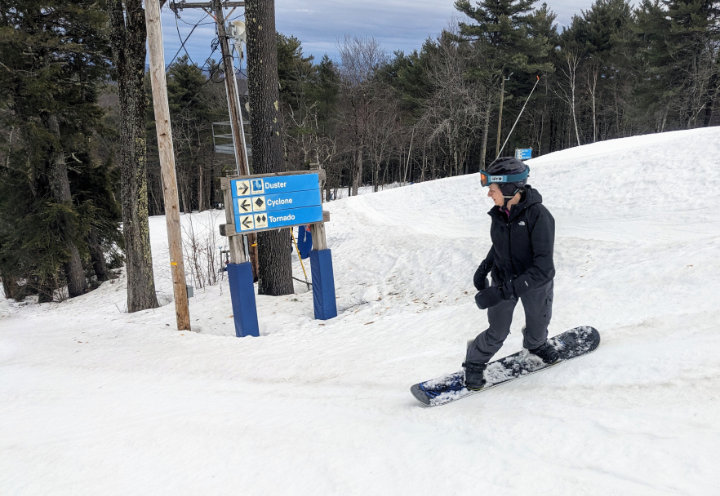Just Say No To “Newspeak”

Contributing Columnist
That thought ran through my head while I endured a day-long training session on addiction and recovery. I remembered our former First Lady’s anti-drug campaign slogan: “Just Say No.”
The trainer did a good job presenting the material, and the other trainees were polite and unobjectionable people. I was one of only 3 men in a group of about 45, but I’m used to being in such groups for training programs like this one.
I’m sure I was the only one in the room who owns a MAGA hat. I’ve learned to keep my Deplorable Tourette’s in check; no more blurting out the first (entirely honest but impolitic) thought that forms in my head. This was training required for a volunteer position I value, not an opportunity for debate so I acted accordingly. I was able to sooth my clenched jaw with a Scotch when I got home.
Of those in the room who were old enough, I’m also sure I was the only person who voted for Ronald Reagan. That was one of many random thoughts that came to me as the PowerPoint slides and videos of former addicts flashed on the screen. From President Reagan to the First Lady to “Just Say No.”
Oh, how the smart set sniggered at Mrs. Reagan and her “simplistic” slogan – never mind that it was aimed at children. Critics howled that its simplicity trivialized a complex issue and ignored underlying factors of drug use such as poverty and unemployment. I think both the current opioid epidemic and the latest research in brain science put the lie to Mrs. Reagan’s critics. But too late for too many.
Today’s opioid epidemic is a complex problem but blaming poverty and job prospects does a disservice to millions of hard-working Americans scraping by economically while living a clean life. Besides, NH has one of highest death rates from opioid abuse, yet we are one of the nation’s wealthiest states with one of the lowest unemployment rates.
The old excuses didn’t fit, so new ones were created. In the opioid era we’re told to blame the over-prescription of opioid pain medication. That’s the easy line to accept, and may have been true at the start, but recent data doesn’t support that excuse for today’s overdoses and deaths.
In a 2017 article at “The United States of Addiction,” Stefan Kertesz, associate professor of preventive medicine at the University of Alabama stated flatly that “The simple story is that addiction happens all the time when people get opioids for pain and that simple story is clearly wrong.”
According to the Centers of Disease Control and Prevention “up to 26 percent” of people prescribed opioids for pain become addicted. That’s a scary number but it means that nearly three-quarters don’t get hooked. That’s a lot of “No.”
Dr. Kertesz pointed to research showing that people who developed new addictions were overwhelmingly not patients prescribed opioids for pain. Instead, the article stated that “they were mainly friends, relatives, and others to whom those pills were diverted—typically young people.” They are not “getting hooked”; they are hooking themselves.
While I certainly paid attention to the instructor, my mind continued to wander a bit. I imagined a conversation between the ghosts of Nancy Reagan and George Orwell. Orwell famously developed the idea of “Newspeak” in his dystopian novel 1984. Newspeak gave the totalitarian government control over language and thought.
In an example at the Oxford Dictionary blog, with Newspeak the government had a tool “to shift thought in a more positive or negative direction to suit their needs; ungood, for example, makes the populace feel less negative than bad would.”
In my ghostly conversation, George congratulated Nancy on the clarity of thought and advocacy of individual agency in the slogan “Just Say No.” Nancy pointed out to George the use of Newspeak in the classroom they were haunting.
Our instructor told us that drug “abuse” was now “misuse,” as if there were a proper way to use illegal substances. But “misuse” does sound less negative than “abuse” even if it is less accurate. They both laughed when we were told that the first stage of recovery was no longer called “denial” – too negative. It was now labeled as the almost Zen-like state of being “precontemplative.” George noted that all the well-produced training videos focused on abusers – sorry, “misusers” – who had strayed from the path after having been prescribed opioids.
Manipulating language and misrepresenting root causes will not help us solve the opioid crisis, if indeed there is a solution. To use another simplistic slogan, “Honesty is the best policy.” At the very least it’s a good place to start.
Ken Gorrell welcomes your comments at kengorrell@gmail.com
Click below to read the entire publication online now…



